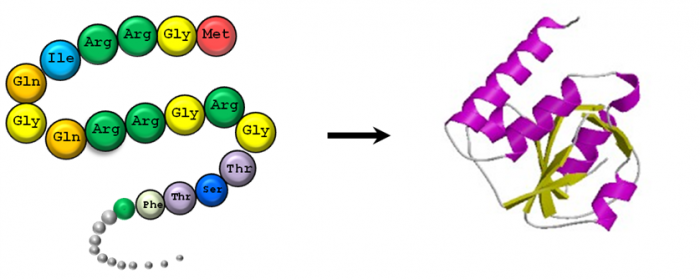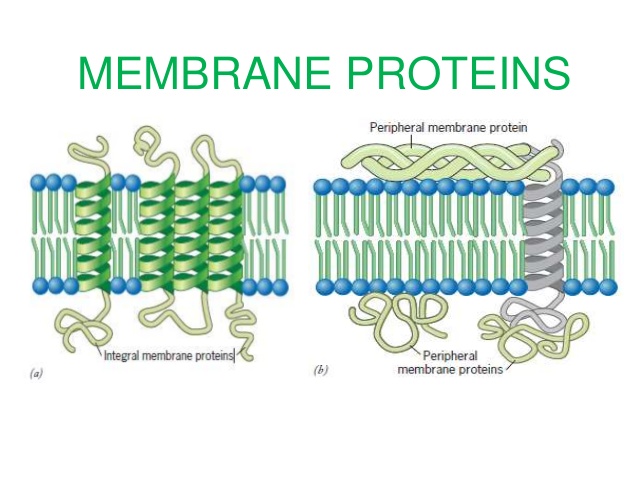The proteome is the entire set of proteins that are produced or modified by an organism or system. This varies with time and distinct requirements, or stresses, that a cell or organism undergoes. Proteomics is an interdisciplinary domain that has benefitted greatly from the genetic information of the Human Genome Project; it also covers emerging scientific research and the exploration of proteomes from the overall level of intracellular protein composition, structure, and its own unique activity patterns. It is an important component of functional genomics.
Proteomes are characterized by large protein-abundance differences, cell-type- and time-dependent expression patterns and post-translational modifications, all of which carry biological information that is not accessible by genomics or transcriptomics. Source

Including:
- Protein Sequence Analysis
- MS-based untargeted Proteomics
- MS-based Metaproteomics
- Antibody Array Analysis
- Proteogenomics Analysis.

Including:
- Primary structure
- Secondary structure
- tertiary structure

Including:
- Immune System Analysis
- Flow Cytometry
- Mass Cytometry
- Peptide Array Analysis

Including:
- Protein Interactions Analysis
- FRET

Including:
- Membrane Protein Analysis
- FRAP